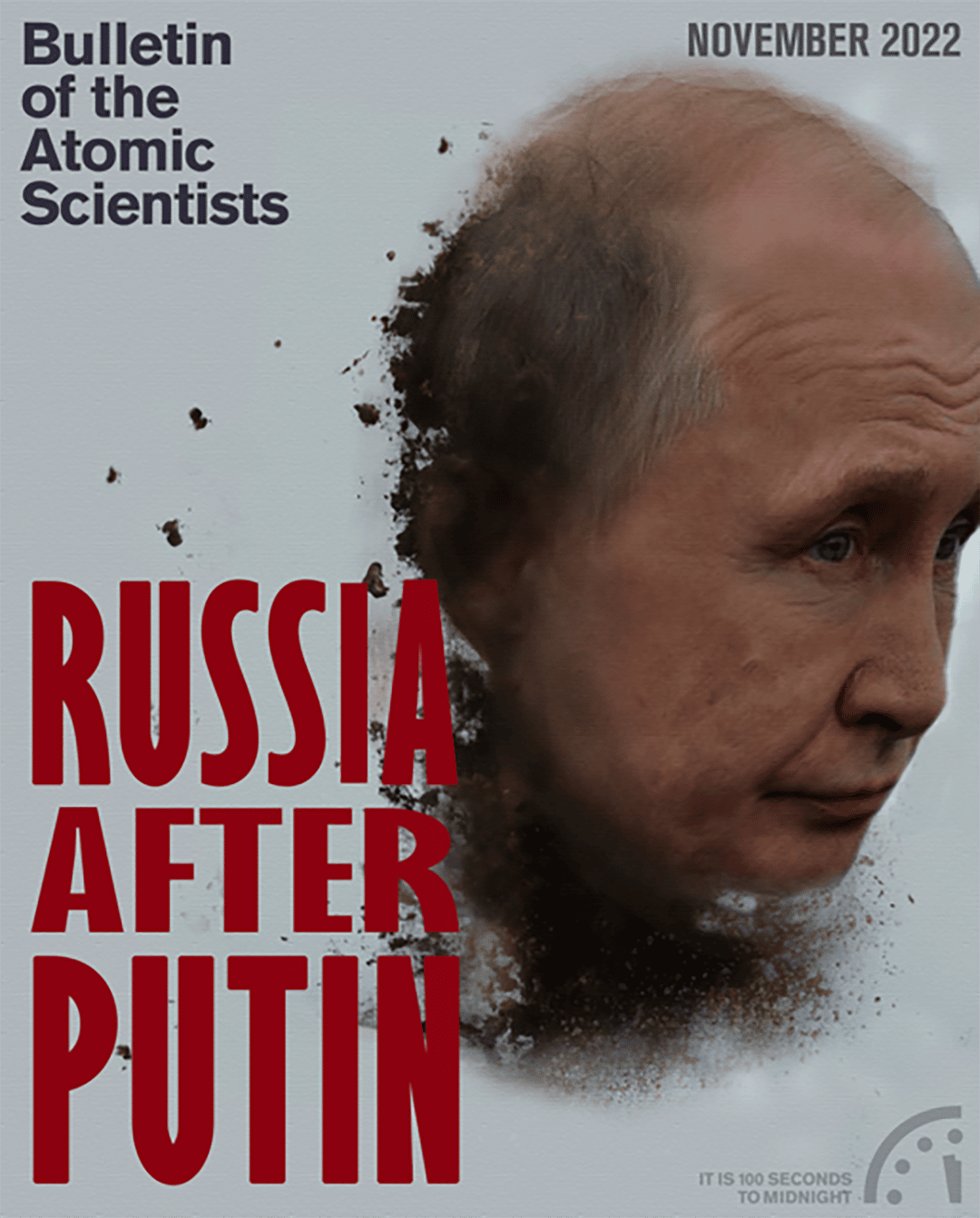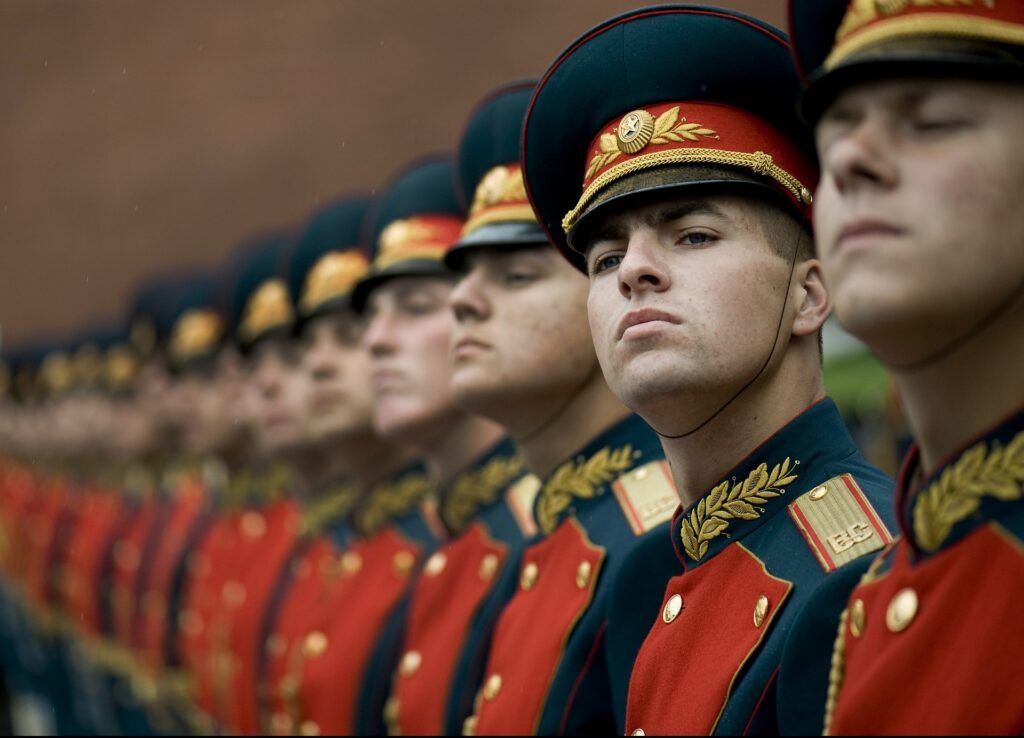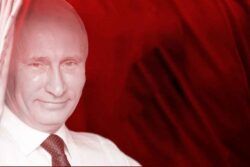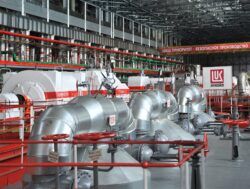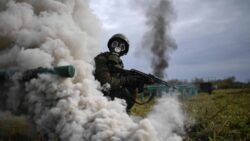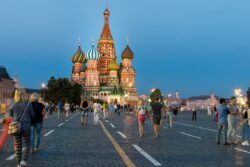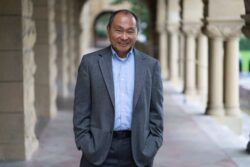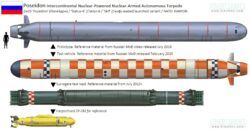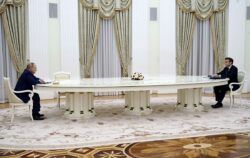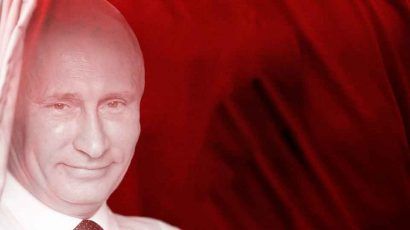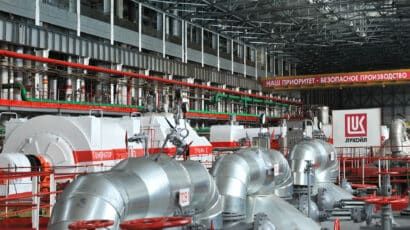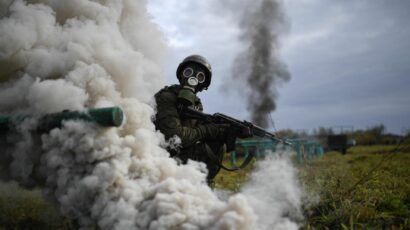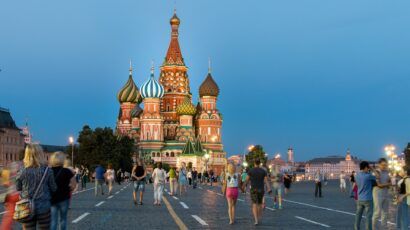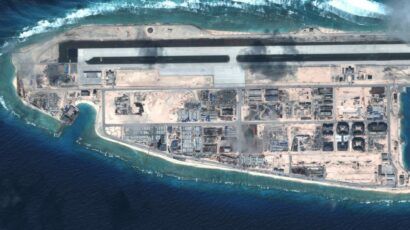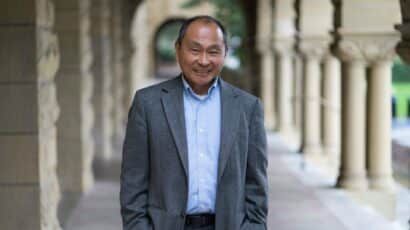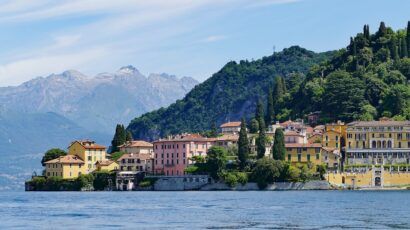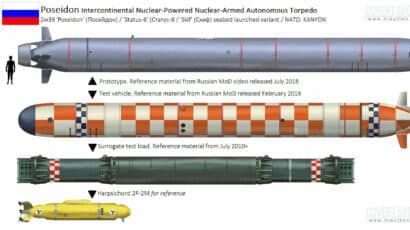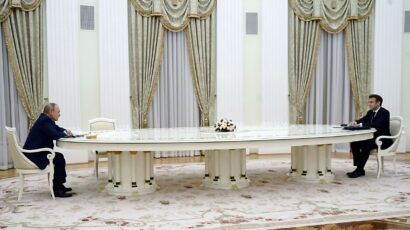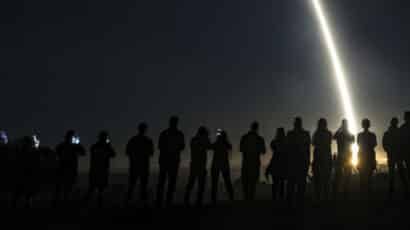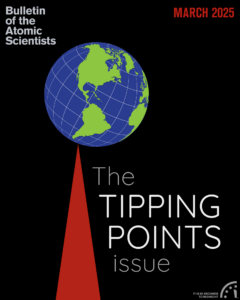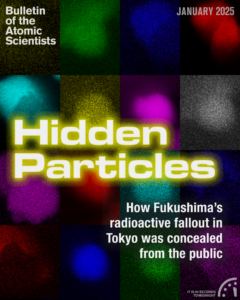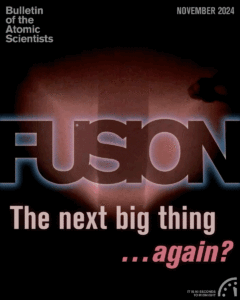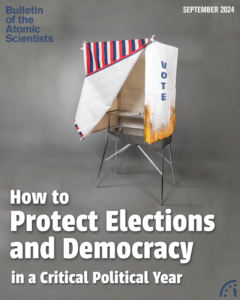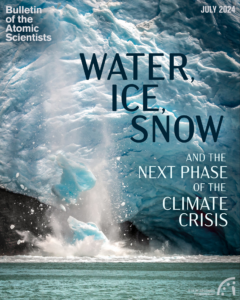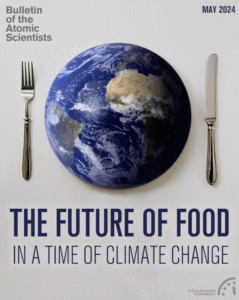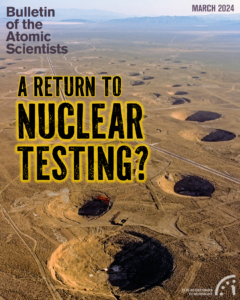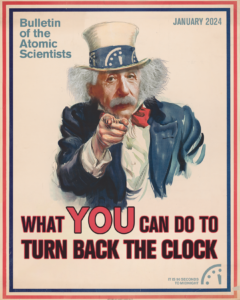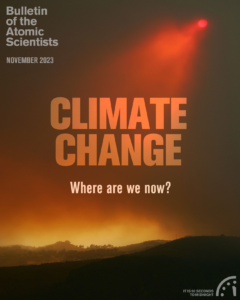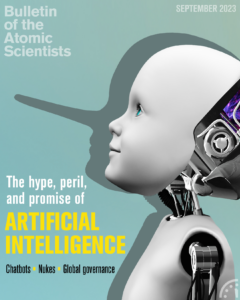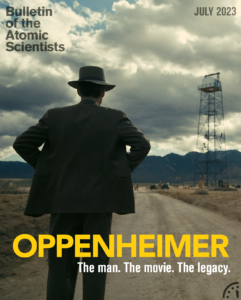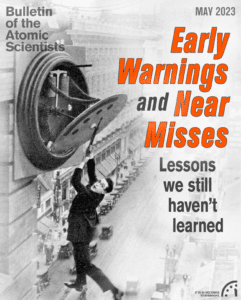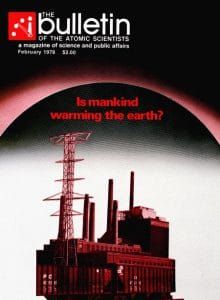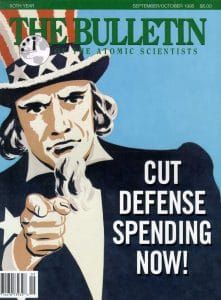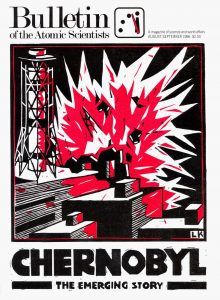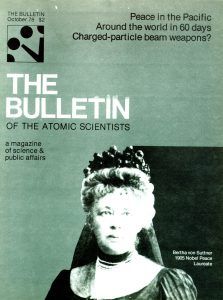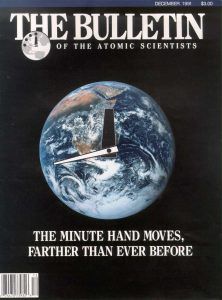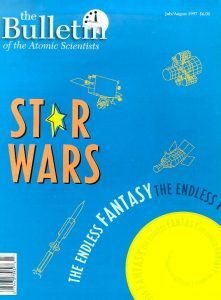DIGITAL MAGAZINE
November 2022
DIGITAL MAGAZINE
November 2022
Cover by Thomas Gaulkin
Introduction—Russia: What to expect next?
After Putin – What?
Russia’s economy is much more than a “big gas station.” Under sanctions, that’s now its biggest problem.
Putin’s psychology and nuclear weapons: the fundamentalist mindset
What do ordinary Russians think? Interview with a Russian independent reporter
Not your grandparents’ Cold War: Why America should emphasize economic rather than military strategies in its rivalry with China
“It’s a different kind of world we’re living in now”—Interview with political scientist Francis Fukuyama
Sanctioning Russia’s oligarchs—with shame
Despite challenges, US-Russian nuclear arms control has its benefits
Distressing a system in distress: Global nuclear order and Russia’s war against Ukraine
Nuclear Notebook: The long view—Strategic arms control after the New START Treaty
After Putin – What?
Russia’s economy is much more than a “big gas station.” Under sanctions, that’s now its biggest problem.
Putin’s psychology and nuclear weapons: the fundamentalist mindset
What do ordinary Russians think? Interview with a Russian independent reporter
Not your grandparents’ Cold War: Why America should emphasize economic rather than military strategies in its rivalry with China
“It’s a different kind of world we’re living in now”—Interview with political scientist Francis Fukuyama
Sanctioning Russia’s oligarchs—with shame
Despite challenges, US-Russian nuclear arms control has its benefits
Distressing a system in distress: Global nuclear order and Russia’s war against Ukraine
Nuclear Notebook: The long view—Strategic arms control after the New START Treaty
Cover by Thomas Gaulkin
Subscribe now
We've relaunched the Bulletin's award-winning digital magazine. Get access to every issue and our archive going back to 1945.
Magazine archive
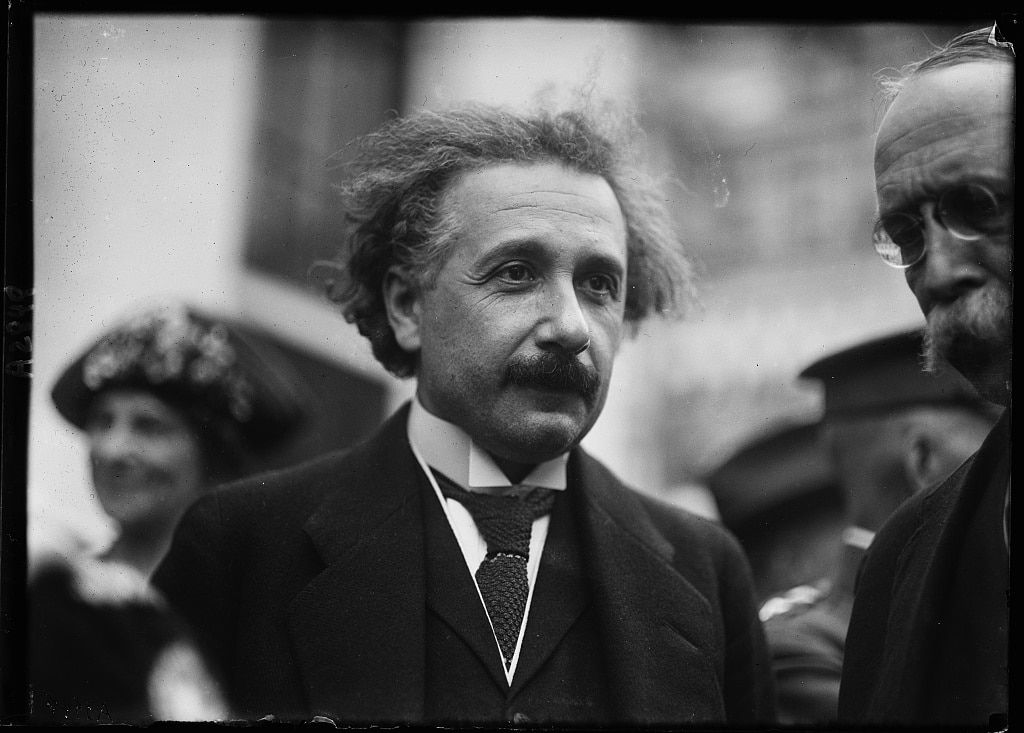
Premium subscribers can read the complete Bulletin of the Atomic Scientists’ archive, which contains every article published since our founding in 1945.
This archive was created in honor of John A. Simpson, one of the Bulletin’s principal founders and a longtime member of its Board of Sponsors. This searchable archive provides exclusive online access to original interviews and commentary by luminaries like Albert Einstein, J. Robert Oppenheimer, Ruth Adams, John F. Kennedy, Stephen Hawking, Christine Todd Whitman, US Secretary of Defense William J. Perry, and multiple Nobel laureates.
